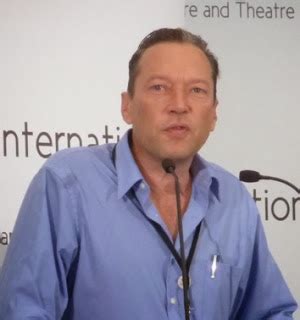A Quote by George Eliot
But with regard to critical occasions, it often happens that all moments seem comfortably remote until the last.
Related Quotes
Of course all life is a process of breaking down, but the blows that do the dramatic side of the work-- the big sudden blows that come, or seem to come, from outside-- the ones you remember and blame things on and, in moments of weakness, tell your friends about, don't show their effect all at once. There is another sort of blow that comes from within-that you don't feel until it's too late to do anything about it, until you realize with finality that in some regard you will never be as good a man again.
We have all experienced times when, instead of being buffeted by anonymous forces, we do feel in control of our actions, masters of our own fate. On the rare occasions that it happens, we feel a sense of exhilaration, a deep sense of enjoyment that is long cherished and that becomes a landmark in memory for what life should be like.. moments like these are not the passive, receptive, relaxing timesthe best moments usually occur when a person’s body or mind is stretched to its limits in a voluntary effort to accomplish something difficult and worthwhile.
A few times in my life I've had moments of absolute clarity, when for a few brief seconds the silence drowns out the noise and I can feel rather than think, and things seem so sharp. And the world seems so fresh as though it had all just come into existence. I can never make these moments last. I cling to them, but like everything, they fade. I have lived my life on these moments. They pull me back to the present, and I realize that everything is exactly the way it was meant to be.
It's been a prevalent notion. Fallen sparks. Fragments of vessels broken at the Creation. And someday, somehow, before the end, a gathering back to home. A messenger from the Kingdom, arriving at the last moment. But I tell you there is no such message, no such home -- only the millions of last moments . . . nothing more. Our history is an aggregate of last moments.
At certain junctures in the course of existence, unique moments occur when everyone and everything, even the most distant stars, combine to bring about something that could not have happened before and will never happen again. Few people know how to take advantage of these critical moments, unfortunately, and they often pass unnoticed. When someone does recognize them, however, great things happen in the world.
In science it often happens that scientists say, 'You know that's a really good argument; my position is mistaken,' and then they would actually change their minds and you never hear that old view from them again. They really do it. It doesn't happen as often as it should, because scientists are human and change is sometimes painful. But it happens every day. I cannot recall the last time something like that happened in politics or religion.






































